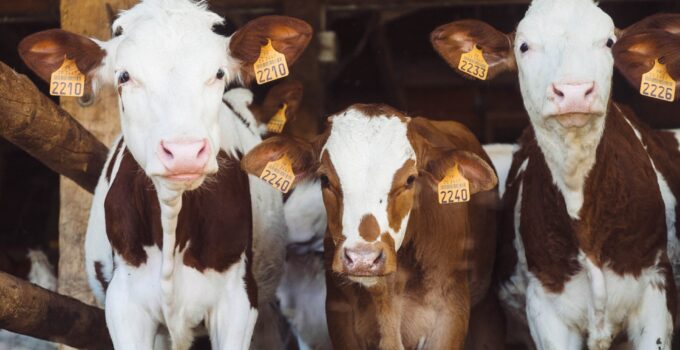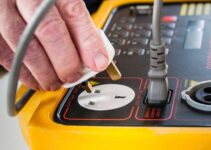Achieving good breeding, farm organization and equipment maintenance requires excellent management and organization skills, as well as great attention to detail. The combination of quality nutrition, professional leadership, and increased attention in farm management will help your farm have the best chance of reaching its full potential. Food, lighting, rug, air, water, bio-safety, hygiene, space should always be checked on the farm. This is a very detailed approach and good practice, and you can read a lot of useful tips below.
1. Read the instructions
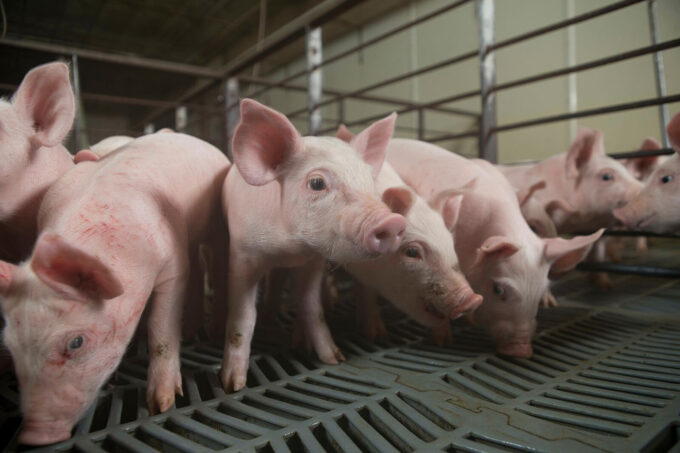
Source: nationalhogfarmer.com
Experts from Canarm, specialized in pig flooring system and other similar systems told us regarding equipment maintenance that it is to always necessary to read the manufacturer’s instructions and adhere to them. Whether or not some items of equipment are very similar to each other, read the instructions for each piece of equipment carefully. For example, a new tractor certainly works differently than an old one if it is not an identical model. So you will never go wrong if you always know all the rules and follow them. There are a lot of steps you need to take if you want to keep your tools and equipment in optimal condition. For example, get sharpening tools. In order for the metal parts of the equipment to always be sharp, it is necessary to process their edges before and after each use. In that case, it will be much more efficient. Sharpening also helps reduce the amount of force and a great example of this is the use of a shovel.
If this equipment is sharp enough, you will spend much less energy when digging. We must mention that blunt tools are easily breakable, but sharpening will easily solve this problem. Manufacturers also recommend regular lubrication of metal parts with special oils and greases for metal. In this way, machine parts move more easily, which increases the efficiency of the equipment. Before using certain equipment with wooden handles, make sure that they are flexible enough to avoid injuries. Tool storage is an equally important item. Store your tools and equipment in the proper place after each use.
2. Follow the law
In addition to equipment manufacturer’s rules, it is important that you do not ignore federal and state laws. These laws exist to keep you safe, as do other citizens around you. Try to always keep up with the changes as this will avoid fines For example, if you neglect your slow-moving emblem, collisions can occur during transport. Remember that road safety is very important and therefore keep it clean, visible and properly installed.
It is also important to train appropriately while operating the equipment. It is enough to forget to tie shoelaces, tie your hair or do something similar to put yourself in danger. Even the threads from an old shirt can cause an unfortunate set of circumstances, and the consequences are terrible injuries. However, if you dress appropriately you will not endanger yourself and others. This will significantly reduce the risk of injury.
3. Regular washing and cleaning
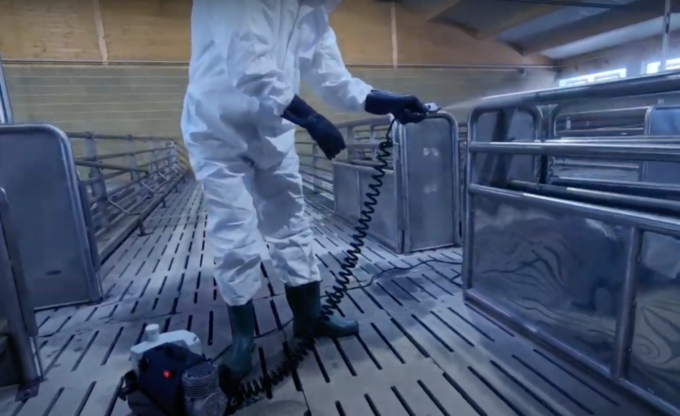
Source: nationalhogfarmer.com
It is necessary to thoroughly wash and clean all parts of the equipment that come into contact with animals and their products. Depending on the type of equipment, daily cleaning is required, especially during the summer. It is important to carry out the drying properly, and the cleaning procedures should have a certain order, such as pre-washing, washing with disinfection and rinsing. Pay attention to the choice of cleaning agent, water temperature and type of disinfection.
Weekly washing mainly refers to equipment whose parts are disassembled in order to be thoroughly cleaned. Occasional washing and cleaning is applied once or twice a year using special cleaning equipment. In this way, dust particles, condensate and all other impurities that have accumulated on the installation over time are removed. Do not forget about the type of equipment material, because different materials require a different approach. For example, a tire is subject to aging and deterioration, which means that it needs to be replaced after a while.
4. Make an effective plan
Remember you need an effective equipment maintenance plan. Otherwise, your team cannot take proper care of the animals, you will not be able to keep records of cleaning, which can cause major problems. In that case, you will probably skip cleaning certain equipment, forget the manufacturer’s instructions and jeopardize the correctness of the tools. It is not difficult to come up with a more effective strategy. All you need is a software solution, which will give you complete visibility of your fleet data. This way you will be connected to your team at all times while managing maintenance.
Traditional solutions are not so efficient, they make organization difficult and you are mostly lagging behind in maintenance tasks. The industry has thrived and farmers are relying heavily on simpler solutions such as equipment maintenance management software. If you want to follow the maintenance schedule and establish better cooperation with your team, be sure to consider our proposal. You will be instructed in the whole process and you will have more control.
5. Check equipment
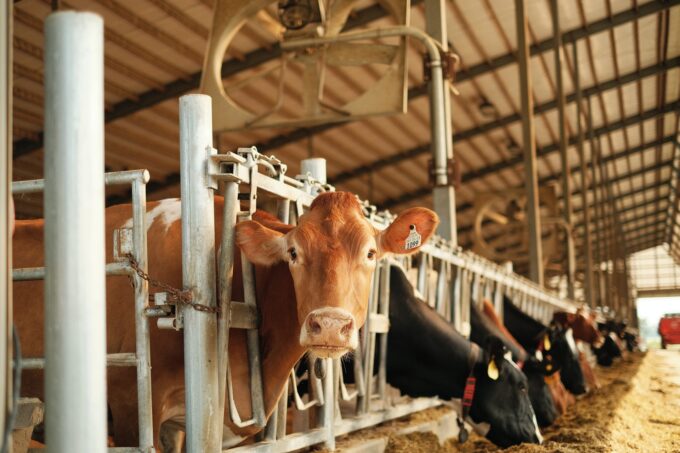
Source: unsplash.com
A proactive approach to equipment maintenance is essential in this business, as you are responsible for different types of equipment. Since you need both heavy machinery and small equipment to work, you need to keep regular records. Every piece of this equipment is necessary for your work, but they are very expensive. When you do not have a backup option due to equipment failure you will have unplanned downtime. And if you need professional help, you can ask for advice on websites like www.a1autotransport.com/shipping-farm-equipment/
However, if you regularly check its correctness, you will quickly identify the problem and react in time. It is the software that gives you easier access, because you can monitor the health of the equipment from anywhere. You will also be able to monitor all assets in a centralized system. Thanks to the configurable control panel, you will have a detailed overview of certain areas.
Conclusion:
So, it is important that you maintain your equipment regularly and correctly, because that way it will last much longer. Also, each tool will work more efficiently if they are in good condition. Proper care reduces the risk of operator injury as well as maintenance costs. For example, if you dedicate yourself to smaller maintenance tasks, you probably won’t spend a lot of money on troubleshooting or replacing tools. Regular maintenance may seem like a lot of work to you now, but it will pay off in the long run.

